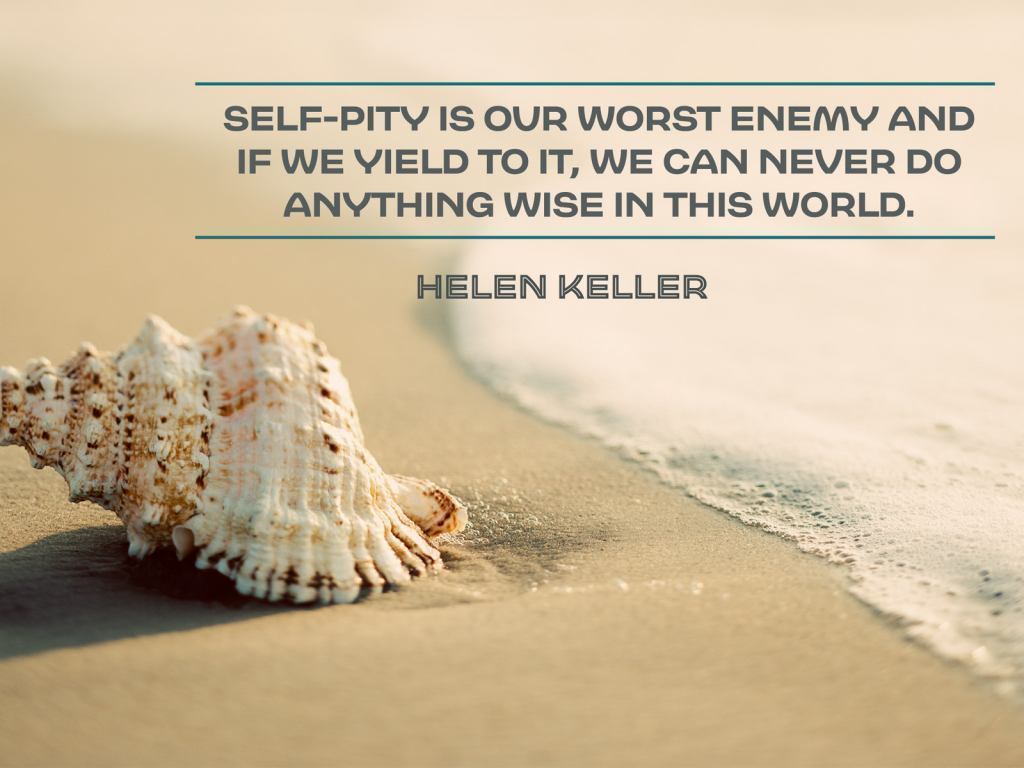10 Characteristics of Great Leaders
While it’s commonly argued whether great leaders are born or made, there’s little doubt that great leaders share several characteristics.
Leadership skills are among the most important to develop if you wish to advance your career.
You’ll find that you already possess some of these qualities and likely need to develop the others.
Great leaders share these qualities:
1. Leading by example.
Effective leaders know that they can get the best out of others by setting a good example. If you want your followers to be committed, positive, passionate, and involved, demonstrate those characteristics each day. What are you currently communicating to others by the example you set?
2. Taking responsibility.
Lousy leaders look to shift the blame when things start to go wrong. A great leader, however, knows that setbacks occur. He also knows that if failure occurs, it is his poor planning, vision, effort, or leadership that results in poor results.
* A great leader accepts responsibility for the outcome, both positive and negative.
3. Offer A Vision.
To lead effectively, a leader must know where she’s headed. After all, you have to lead to a specific destination. Do you have a vision for the future, and can you communicate that vision to others? Is your vision clear and easy to understand? Is your vision focused? Do you know where you’re going?
4. Implement A plan.
You might know where you’re going, but do you know how to get there? Can you effectively share that plan with the members of your team? Is your plan believable and achievable?
5. Great communication skills.
The ability to share your vision and your plan are paramount to success. Effective leaders are excellent communicators and work to enhance their communication skills further.
6. Able To Be A Motivator.
Chaos is inevitable when working on big projects with a lot of people. Things often go wrong. Team members have personal issues. There’s always someone disgruntled. Plans change. The objective can change.
* A great leader can calmly and purposefully deal with the unexpected and guide others through the resulting distractions.
7. Know how to develop others.
It’s important to develop others to become better leaders. A great leader takes the time to develop the skills of her followers. The more capable your followers are, the more impressive the results you’ll ultimately attain.
8. Inspire confidence in others.
If people don’t believe you’ll be successful, you won’t receive their best efforts. Great leaders inspire and motivate their team members to achieve their best. They provide encouragement and recognition for their team’s achievements. They create a positive and inclusive work environment where everyone feels valued and motivated to contribute.
9. Have Integrity.
Team members have to believe and trust in their leader. Can your team believe what you say? Do your team members trust that you’re fully committed to the project and to them? No one will trust you enough to commit and engage with your plans without integrity.
10. Can deal with the unexpected.
- Leadership
- John C. Maxwell
- Developing the Leader Within you
- Hardcover Book
- Maxwell, John C. (Author)
Last update on 2025-01-31 / Affiliate links / Images from Amazon Product Advertising API
Chaos is inevitable when working on big projects with a lot of people. Things often go wrong. Team members have personal issues. There’s always someone disgruntled. Plans change. The objective can change.
How many of these characteristics of great leaders do you possess?
Are you willing to develop those qualities that you lack?
Great leaders have several qualities in common that you can learn and apply to enhance your leadership skills.
Review these qualities and look for ways to develop your leadership abilities further.
Characteristics of Great Leaders – Leadership
MoreCharacteristics of Great Leaders
- Vision: Great leaders have a clear and inspiring vision for the future. They are able to articulate their vision to their team members and motivate them to work towards it.
- Integrity: Great leaders have strong ethical and moral principles. They are honest, trustworthy, and lead by example. They do what they say they will do and are consistent in their actions and words.
- Effective communication: Great leaders are skilled communicators. They are able to convey their message clearly and effectively, whether it is through verbal or written communication. They are also good listeners and value the input of others.
- Confidence: Great leaders have confidence in themselves and their abilities. They are self-assured and believe in their own potential and that of their team. This confidence inspires others and helps them to perform at their best.
- Emotional intelligence: Great leaders have a high level of emotional intelligence. They are aware of their own emotions and those of others. They are empathetic, understanding, and able to manage their emotions in a productive manner.
- Decisiveness: Great leaders are able to make prompt and sound decisions. They gather all the necessary information, analyze it, and make a choice based on what is best for the team or organization. They are not afraid to take risks and accept responsibility for the outcomes of their decisions.
- Resilience: Great leaders are resilient in the face of challenges and setbacks. They are able to bounce back from difficult situations and maintain a positive attitude. They see failures as learning opportunities and use them to grow and improve.
- Empowerment: Great leaders empower their team members to take ownership of their work and make their own decisions. They delegate effectively and provide support and guidance when needed.
- Adaptability: Great leaders are adaptable and flexible. They are open to change and are able to adjust their strategies and plans as needed. They embrace new ideas and are willing to try different approaches.








